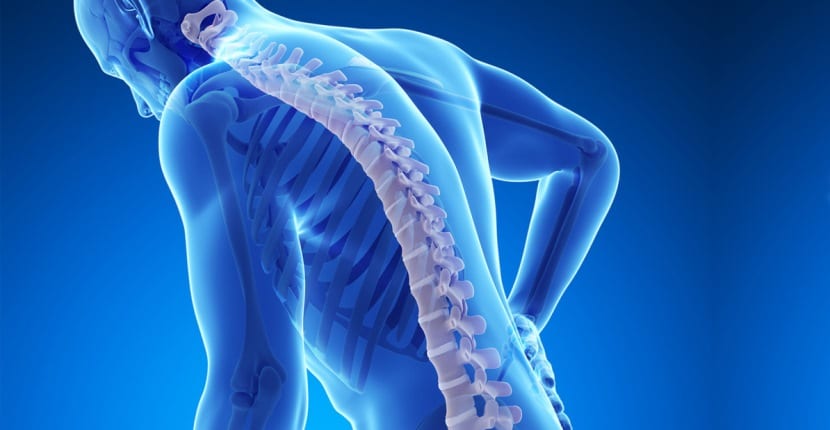
Much is the investment that today is being made in research and development for the field of medicine. Thanks to this, rare is the week that we do not know any new news, however strange, simple and even strange it may seem. On this occasion, I would like to tell you about a new treatment that has just been developed through which a much faster way has been discovered to achieve the regeneration of tissues and bones in the human body.
This study has been carried out by a group of researchers from the Birminghan University (United Kingdom) and to achieve this accelerated regeneration it has been necessary to make use of a new generation of nanoparticles which, according to those responsible for the project, have the ability to imitate the natural healing process that our own body has in the event of any type of accident where bone fractures and tissue tears occur.

University of Birmingham presents a new treatment to achieve a much faster regeneration of tissues and bones
As you well know, today the truth is that it is not necessary to have an accident for a bone to break since there are many patients who suffer from, to give a very simple example, osteoporosis, a disease that causes the fragility of the bones and they end up breaking if the patient does not take extreme care against blows that, for other humans, are simply that, blows that we do not pay much attention to.
Another very important point that makes the development of this treatment something that personally draws my attention, is nothing other than the fact that it is the medical community that, for quite some time, has been warning that the cases of patients with osteoporosis may double by 2020.

Current techniques do not allow us to generate enough bone and tissue to meet current demand
Based on the words of several of those responsible for the group of researchers who have developed this treatment, it should be noted that, apparently, the idea to begin its development came after verifying how doctors, when faced with complex fractures, applied different treatments designed to promote bone healing, unfortunately and sometimes these treatments usually have very significant limitations.
Due precisely to all these limitations, many researchers today work on different projects where new alternatives are sought that allow generating large volumes of bone in the shortest time possible. With this in mind, as you will surely be thinking, little by little and in the coming months or years we will learn about new projects whose results will be interesting enough, as is the case presented by the University of Birmingham.
The so-called extracellular vesicles may be the key to circumventing the limitations and regulations of current treatments
Extending this a little more, tell you that one of the great limitations of the techniques that are used today are above all ethical and regulatory since, to generate enough bone for a patient, they have to be used cell-based therapies. At this point is precisely where this new treatment differs since, despite the fact that it takes advantage of all the advantages of these therapies but without the need for the use of cells.
What is done at this specific point is to take advantage of the regenerative capacity of nanoparticles called extracellular vesicles, which are generated completely naturally during bone formation. Unfortunately and for the moment there is still a lot of work to be done and research to be carried out, even so, as confirmed Sophie Cox, one of the team members:
Although we can never fully mimic the complexity of vesicles produced by cells in nature, this work describes a new pathway that takes advantage of natural developmental processes to facilitate hard tissue repair.